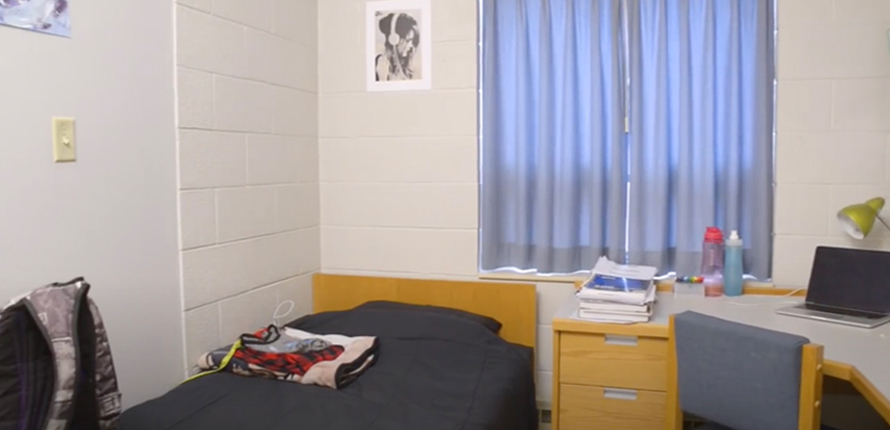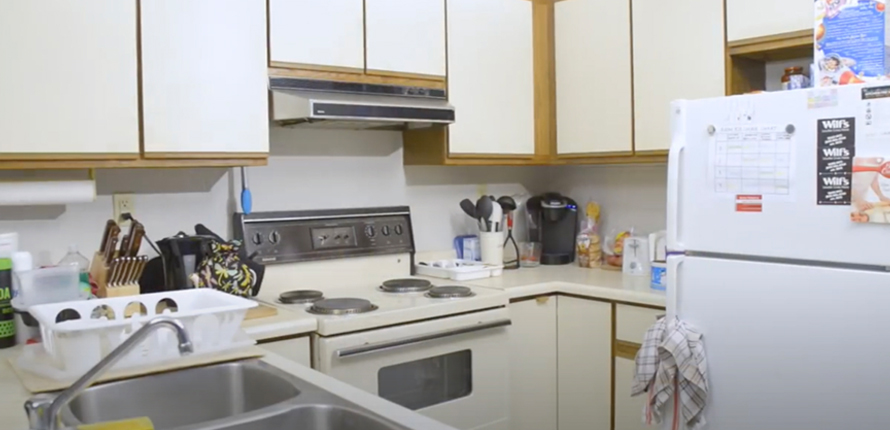We use cookies on this site to enhance your experience.
By selecting “Accept” and continuing to use this website, you consent to the use of cookies.
Search for academic programs, residence, tours and events and more.
May 4, 2020
For Immediate Release
Waterloo – To support local doctors, nurses, paramedics and other healthcare professionals working on the front lines, Wilfrid Laurier University will be providing temporary housing for health care professionals choosing to live away from their families and loved ones as part of an agreement with Grand River Hospital. About 150 apartment-style residence beds will be made available starting early May.
Over the past several weeks, working in partnership with Cambridge Memorial Hospital, St. Mary’s General Hospital, Guelph General Hospital, Wellington Healthcare Alliance and St. Joseph’s Health Centre Guelph, Grand River Hospital has been investigating the use of temporary spaces to create capacity in hospitals should additional space be needed, and to secure alternate accommodations for front-line staff. As part of this partnership with Laurier, the agreement includes up to 300 spaces to enable the hospitals to care for patients with lower care needs, COVID and non-COVID patients should the health system require overflow space.
“This situation has brought our hospitals and community partners together in ways that we never anticipated,” said Ron Gagnon, president and CEO of Grand River Hospital. “We continue to be humbled by the response of so many in the community who are leaning in to support the regional health system and enabling us to manage a potential surge in need.”

All of Laurier’s residence buildings will be unoccupied, as students in residence have moved out in response to the COVID-19 pandemic. Arrangements were made for off-campus housing for remaining students unable to return home.
“Supporting our communities any way we can remains a top priority for Laurier,” said Deborah MacLatchy, Laurier’s president and vice-chancellor. “Providing additional housing options for public health workers is something the Laurier community is ready, able and proud to do during this global health crisis.”

Since the beginnings of the coronavirus pandemic, Laurier has been proactively looking for ways to support the community. The university has donated almost 21,000 N95 masks, 38,500 disposable gloves and 200 isolation gowns, along with surgical masks, plastic visors, goggles, hand sanitizer and test kits. Laurier is also offering virtual musical performances, professional development opportunities, educator guides for students learning from home, podcasts about a variety of topics, including the history of war and sustainable foods, and even online fitness classes.
Laurier is also working closely with partners in the Brantford community on potential opportunities to use Laurier facilities for pandemic response support.
– 30 –
Media Contacts:
Aubrey Walters, Director, Communications and Stakeholder Engagement
Grand River Hospital
Lori Chalmers Morrison, Director: Integrated Communications
External Relations, Wilfrid Laurier University